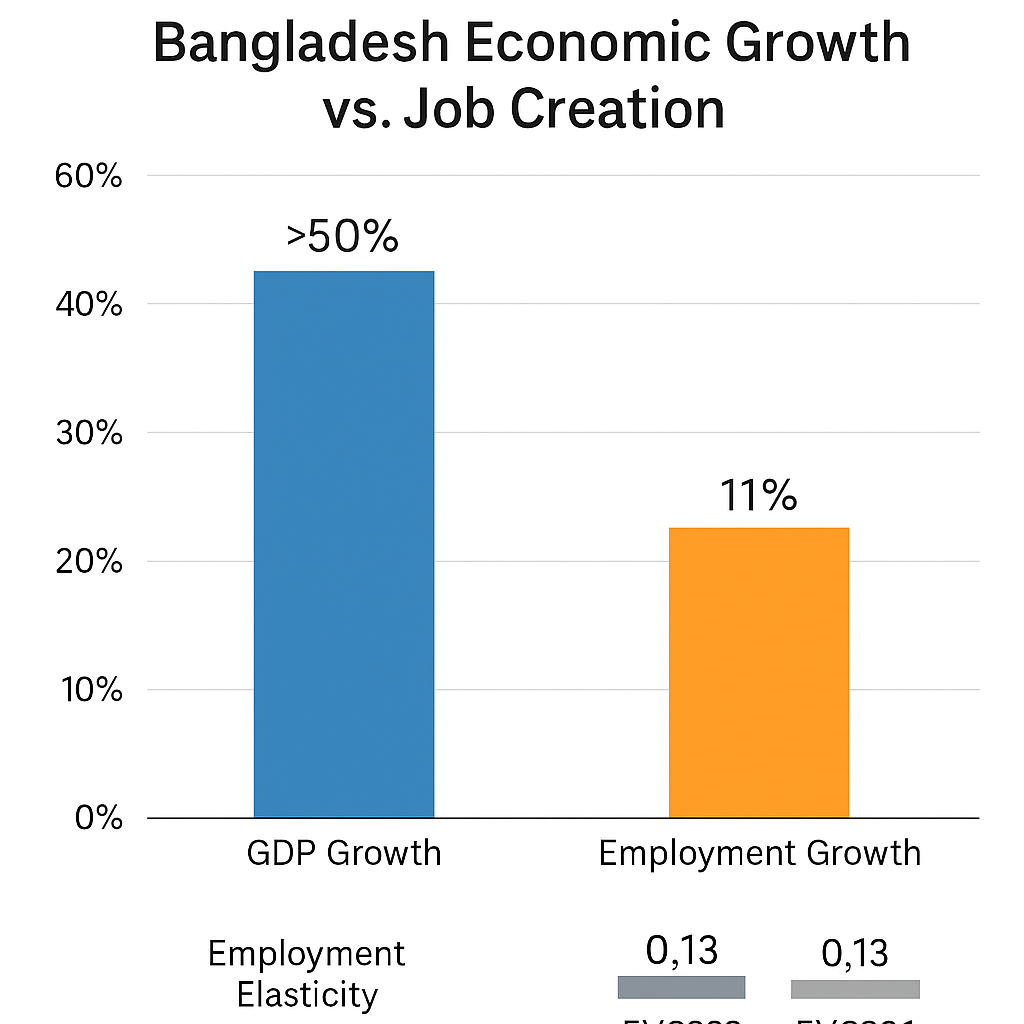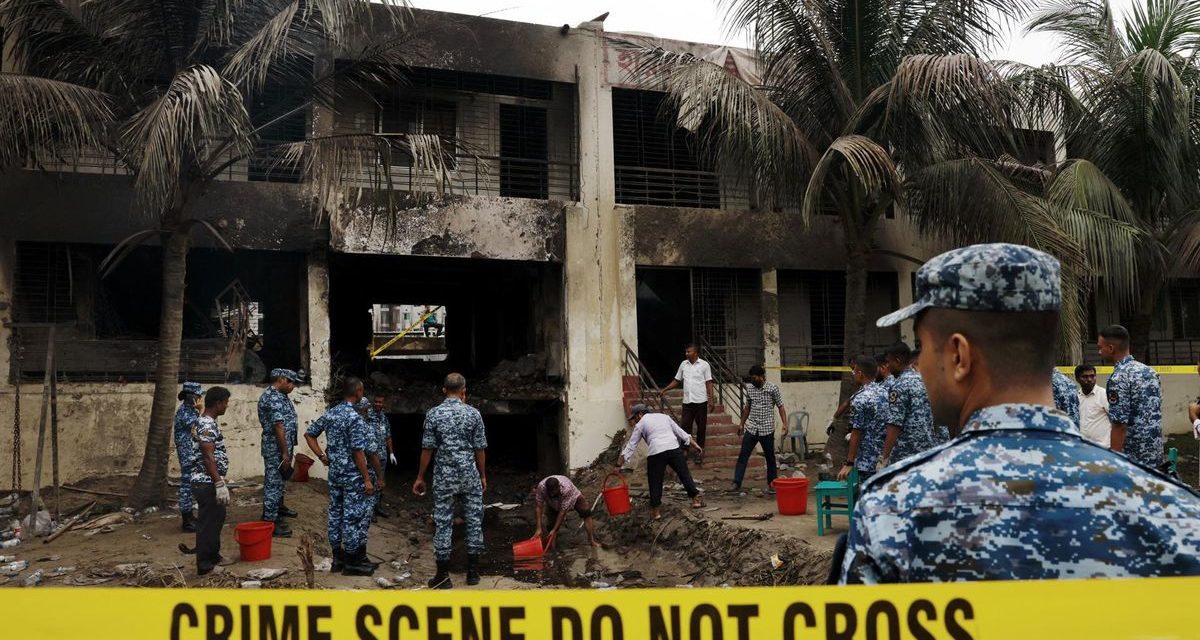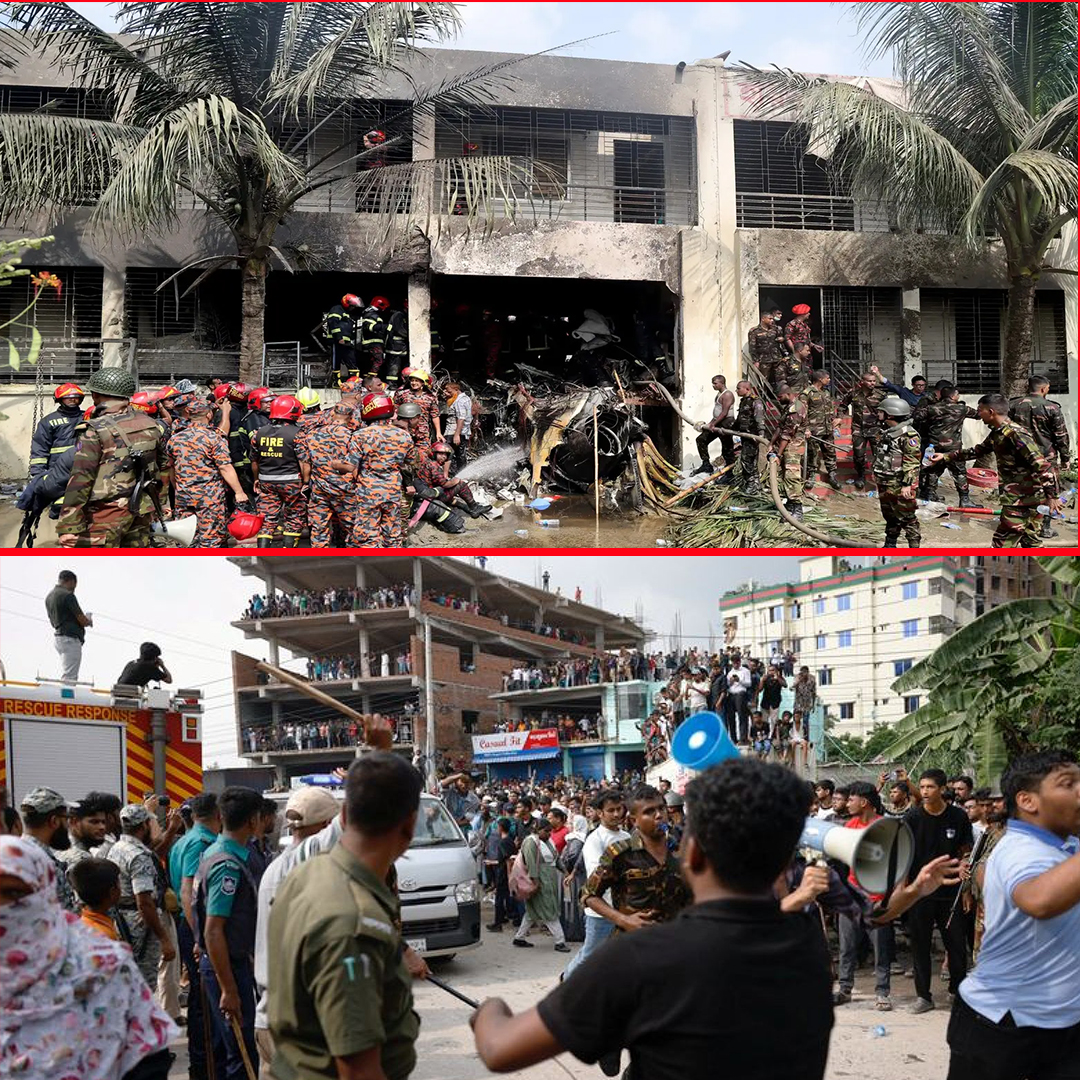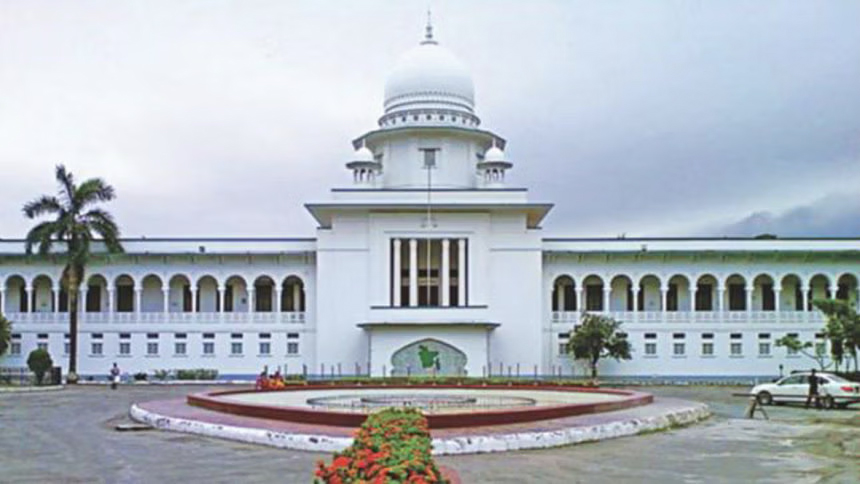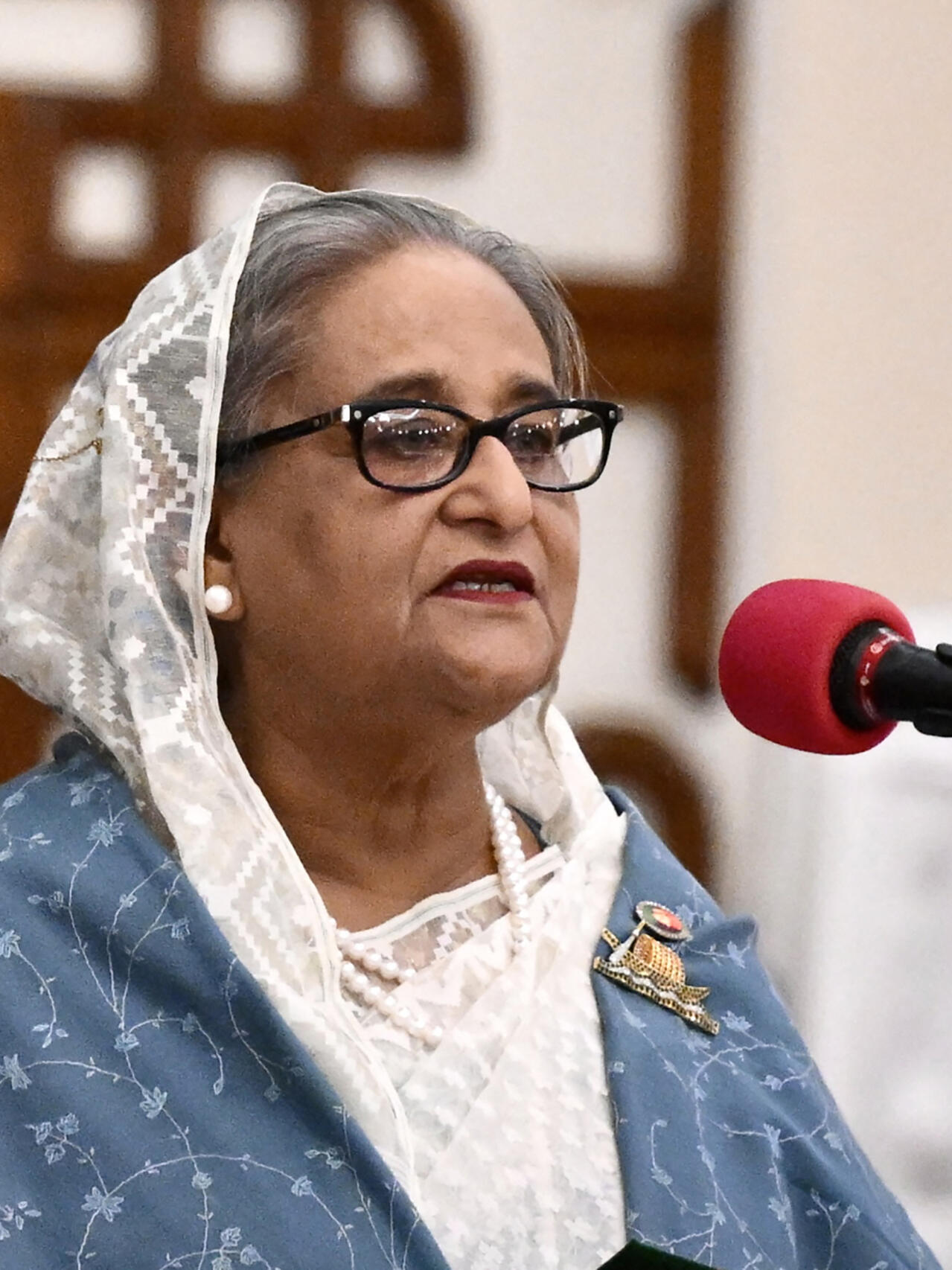
Verified recordings show former Prime Minister Sheikh Hasina instructing security forces to use lethal force, as UN confirms over 1,400 deaths in one of Bangladesh’s deadliest crackdowns
In the summer of 2024, Bangladesh experienced one of the deadliest episodes of political repression in its modern history. What began as a student-led protest against corruption, inflation, and perceived authoritarianism under Prime Minister Sheikh Hasina’s government escalated into a national crisis after security forces were ordered to open fire on demonstrators. A July 2025 Al Jazeera investigation revealed that Hasina herself had directly authorized the use of lethal force. A leaked phone call, recorded by Bangladesh’s National Telecommunications Monitoring Centre (NTMC), captured the prime minister instructing law enforcement to “shoot wherever they find them.” The audio was later verified as authentic by forensic specialists, the Criminal Investigation Department (CID), and BBC Eye’s forensic audio team. The revelations added new weight to widespread allegations that the government had responded to peaceful protests with state-orchestrated violence. For many, it confirmed what human rights observers and survivors had long suspected: the deadly crackdown was not an overreaction by rogue forces—it was a calculated decision from the top.
The consequences were catastrophic. According to a February 2025 report by the United Nations Office of the High Commissioner for Human Rights (OHCHR), nearly 1,400 people were killed during the crackdown, making it one of the deadliest state-led suppressions of civilian unrest in South Asia in recent decades. Protesters were shot at close range with military-grade firearms, often without warning, and in many cases while unarmed and attempting to flee. Eyewitness accounts and video footage collected by international media and rights organizations showed armored vehicles in city centers, rooftop snipers near universities, and helicopters hovering over crowds as police and military units opened fire. The most violent incidents occurred between mid-July and early August 2024, a period that coincides with the audio-recorded instructions from Hasina. Among the dead were teenagers, journalists, medical workers, and bystanders with no affiliation to the protest movement. Thousands more were injured, many left permanently disabled. Hospitals were overwhelmed, and internet blackouts imposed by the government made communication and documentation nearly impossible for several weeks.
Independent investigations added further weight to the growing body of evidence. The Daily Star, a leading Bangladeshi newspaper, published a series of investigative reports in late 2024 and early 2025 that confirmed a deliberate shoot-on-sight policy had been implemented across multiple districts. Interviews with police officers, leaked internal memos, and survivor testimonies described how instructions came directly from the Prime Minister’s Office and were disseminated through military and paramilitary command structures. Human rights group Fortify Rights later released a comprehensive report alleging that Sheikh Hasina and other senior members of the ruling Awami League should be investigated for crimes against humanity. The report concluded that the crackdown was “a planned and systematic attack on civilians” and urged international bodies to intervene if domestic justice failed. The incident drew sharp condemnation from organizations like Amnesty International and Human Rights Watch, with many governments suspending diplomatic engagement with Dhaka in protest. Yet within Bangladesh, the government attempted to suppress dissent by arresting opposition leaders, raiding newsrooms, and enacting sweeping laws restricting speech and assembly.
The political fallout was swift and profound. In early 2025, the Awami League government was forced to step down under mounting international pressure and domestic unrest, paving the way for an interim administration led by Nobel Peace Prize laureate Muhammad Yunus. The new government quickly announced plans to investigate the 2024 massacre and formally opened proceedings against Hasina and several former officials in mid-2025. An international crimes tribunal was established, and the trial of Sheikh Hasina began in July 2025, marking an unprecedented moment in Bangladeshi political history. Hasina, now living in self-imposed exile, denies all charges and claims the recordings were manipulated—a claim refuted by multiple independent forensic labs. Nonetheless, the trial has become a symbol of a broader reckoning with state impunity, drawing attention from global human rights advocates, legal scholars, and diasporic communities. For Bangladesh, the proceedings represent not just a legal confrontation with a former leader, but a national confrontation with a dark and painful chapter. Whether justice will be fully delivered remains uncertain, but the release of the recordings and the scale of the violence they exposed have permanently altered the country’s political landscape
source : aljazeera


